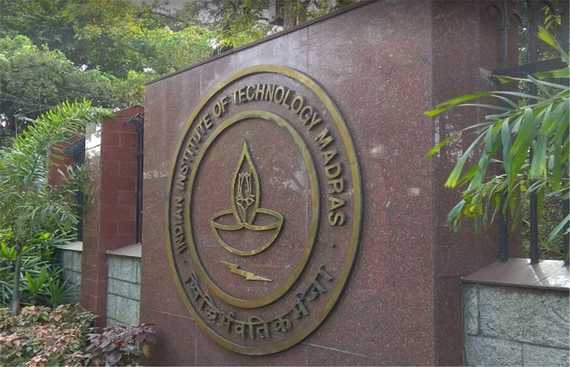IIT-M joins MIT for productive use of agri, industrial by-products

The Indian Institute of Technology Madras (IIT-M) on Thursday said its researchers are working with the Massachusetts Institute of Technology (MIT) in the US to develop a novel framework for high-volume usage of by-products in structural materials.
Industrial by-products are generated in huge quantities across the world and are now going into waste. This will be a major step forward towards a sustainable future.
By successfully utilising vast amounts of otherwise-undesired materials, the next generation of sustainable and durable building materials could be designed.
These novel building materials will be attractive due to lower cost and environmental impact than existing materials.
"While there has been limited utilization of waste and by-products in structural materials such as concrete, this project aims at developing a novel framework for high-volume utilization of industrial by-products in alternative cementitious binders," Dr Piyush Chaunsali, Department of Civil Engineering, IIT Madras, said in a statement.
The researchers said that by-products such as biomass ash, coal ash, red mud, and copper slag, among others, which are generated in large volumes and remain mostly underutilized due to their complex physico-chemical characteristics.
This project aims to address the growing challenge regarding the beneficial utilization of voluminous industrial by-products generated in India.
Infrastructure construction offers potential sinks for these source materials due to the enormous volume usages, in applications such as roads, buildings and bridges, among others.
"This SPARC project is about developing new, more sustainable cements and cement binders," said Dr Elsa A Olivetti, Atlantic Richfield Associate Professor of Energy Studies, MIT.
"Cement concretes are some of the most widely used materials on the planet and so, they have a big environmental impact because we need so much of them and the processes that we use to make them have a significant environmental impact," Olivetti added.
This research project combines the principles of materials chemistry, structural engineering, and life-cycle analysis to develop load-bearing, durable, sustainable, and economically viable cementitious binders based on industrial by-products in India.
